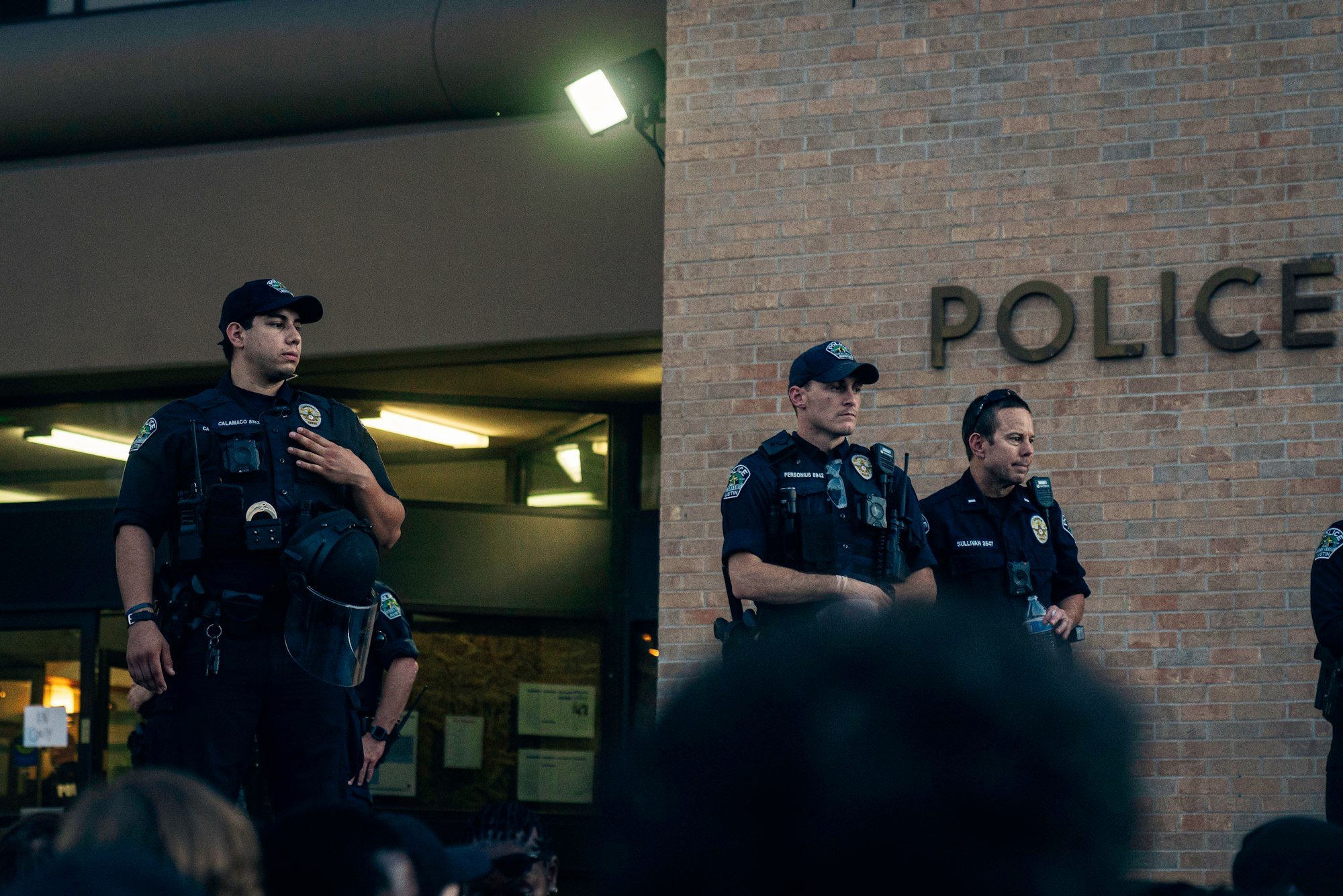The battle for accountability: New Jersey Police Chiefs vs. the public's right to know

In a recent op-ed published in the Star-Ledger/NJ.com, Tom Dellane, president of the New Jersey State Association of Chiefs of Police, who also serves as the Stafford Township police chief, criticized the state's Open Public Records Act (OPRA) for facilitating profit-driven abuse and called for changes to limit its accessibility. Dellane's concerns, however, seem out of touch with the grim reality of the lack of transparency in policing and access to police records in New Jersey.
The recent police killing of Najee Seabrooks, a man who had called 911 for help during a mental health crisis, only highlights the dire need for increased transparency and accountability. Furthermore, the Middlesex County Prosecutor's Office has recently sued OPRA requestors to prevent the release of information regarding the murder of Sayreville Councilwoman Eunice Dwumfour, further eroding public trust between law enforcement and the public. As the Paterson community demands answers and an investigation into a troubled police department, it becomes clear that restricting access to public records is not the solution; rather, we need to address the systemic issues that lead to situations like the tragic deaths of Seabrooks and Dwumfour, and protect the rights of OPRA requestors.
Dellane's op-ed highlights a few purported instances of profit-driven OPRA requests, which he claims are made with the sole purpose of exploiting the system for financial gain. However, this narrow focus overlooks the countless instances where OPRA requests have served as a vital tool for the public to hold law enforcement accountable for their actions. By focusing on a few isolated cases, Dellane and the New Jersey State Police Chiefs Association appear to be reflexively spouting talking points unsupported by the on-the-ground reality in New Jersey communities.
Moreover, Dellane's arguments fail to consider the broader picture, in which a lack of transparency in law enforcement has led to an erosion of trust between the police and the communities they serve. In light of the recent incidents involving Najee Seabrooks and Eunice Dwumfour, it is evident that there is an urgent need for greater transparency, not less. Instead of attempting to limit access to public records, we should be advocating for opening up police internal affairs files to the public to provide more insight into high-profile incidents and improve overall accountability.
The Middlesex County Prosecutor's Office's disturbing decision to sue media organizations and journalists who requested documents under OPRA, including recordings of 911 calls, arrest reports, and surveillance recordings, regarding the shooting death of Councilwoman Eunice Dwumfour, is an alarming demonstration of the lengths some law enforcement agencies are willing to go to obstruct transparency. Government transparency advocates argue that such aggressive and unnecessary legal maneuvers could deter the public from seeking government records for fear of being taken to court. This situation, coupled with the killing of Najee Seabrooks, underscores the importance of preserving and even strengthening the OPRA to ensure accountability and transparency in law enforcement.
As residents of Paterson and Sayreville demand answers and justice for Najee Seabrooks and Eunice Dwumfour, it is evident that New Jersey must prioritize transparency and accountability within its law enforcement agencies.
Instead of attempting to limit access to public records, the state should focus on addressing the systemic issues that lead to situations like these tragic deaths and work to rebuild public trust. This includes protecting the rights of OPRA requestors and ensuring that they have access to the information they need to hold law enforcement accountable for their actions.
In conclusion, Tom Dellane and the New Jersey State Police Chiefs Association's stance on OPRA appears out of touch with the grim reality of policing in the state. Their arguments against OPRA are not supported by the evidence and seem to be a reflexive attempt to defend the status quo rather than addressing the systemic issues leading to an erosion of trust in law enforcement. Instead of attempting to limit access to public records, we should be advocating for greater transparency and accountability, including opening up police internal affairs files to the public. By doing so, we can work together to restore public trust and ensure a safer and more just society for all.